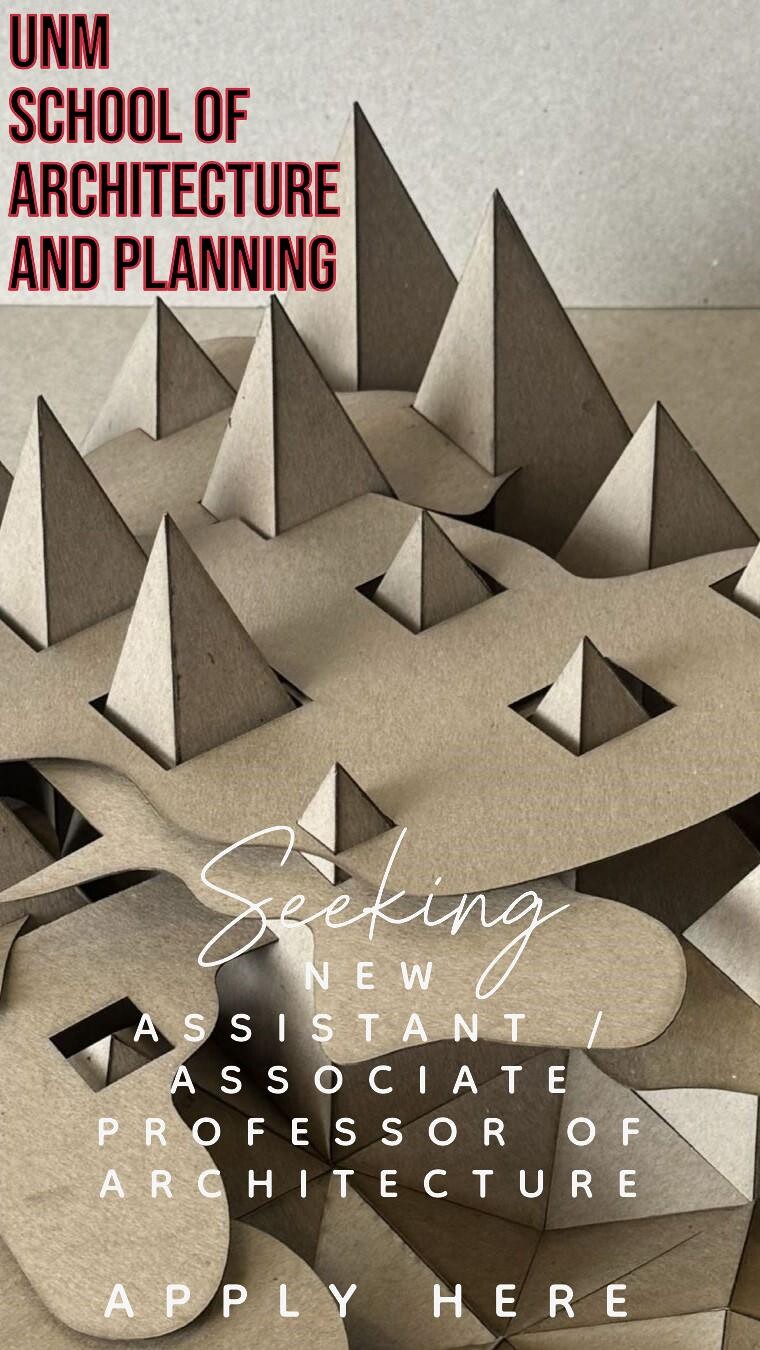We are thrilled to at last announce a new partnership between Liverpool John Moores University (LJMU) and Transart Institute (TT) to offer the first low-residency practice PhD in Creative Research with a start date of July 2020.
Transart strives to offer the highest level degrees to artists and other creatives for the research they do, recognizing and honoring the unique ways in which they research in their own media, genres and with their own standards and methods of achievement.
Liverpool John Moores University (LJMU) launched their own small, pioneering movement in 1823, revolutionizing education in Liverpool by providing opportunities for working people in the city first in the UK. Today, with a community of 23,000 students from 100 countries, cutting edge faculty in all creative genres and media, outstanding studios, equipment and innovative Labs, the same spirit of collaboration and independent thinking prevails.
Researchers from both institutions are excited to collaborate, co-advise, share and support our collective and independent visions. Transart people are looking forward to a new chapter in intensives hosted by art schools, gaining access to studios and expertise provided by LJMU’s knowledgeable Lab leaders. LJMU faculty and advisors likewise look forward to participating in intensives with us in new cities with new institutions, gaining fresh perspectives, networks and experiences in a way not possible on one’s home turf.
With Transart 2.0, our platform of exchange will widen beyond international opportunities for cross-pollination between creative researchers to include collaborations between institutions themselves. We are excited to launch Transart 2.0 and look forward to start working with you and your institutions. With 16 years of global creative research exchange, as a small, agile, independent institution, Transart is well positioned to foster a new level of international exchange, intimately and from afar, for individual and collaborative research.
About Transart
Transart Institute is a space for experimentation and thinking in any form; for sharing and connecting; and offering practice-based doctoral studies in a low-residency model. We champion self-directed, curious, flexible and independent-minded creative researchers working solo and/or collectively.
Our border-free platform attracts an eclectic international body of students and advisors from equally diverse artistic and academic contexts and geographic locations as part of a global, transdisciplinary research community; creating opportunities to expand, enhance and sustain individual and collective practices in the world, beyond the walls of the academy.
We support research on themes in all creative genres including: art and social technologies; curatorial practices; cultural engagement through food; docufiction and creative writing; ecology and environmental activism; expanded studio practices; experimental pedagogies; fashion and textiles; foreignness, otherness; home, nostalgia and the uncanny; international diaspora and exiled states; language and image; liminal states, interstices, and spacetime; media and design; memory, forgetting, trauma and the archive; movement, dance, choreography; new materialism, object-oriented ontology; olfactory arts; peace, mediation and performative activism; post-nationalism, post-colonialism; publishing as an art practice; robotics; sound, music, field recordings, composing; space and temporary architecture; walking as an art practice.


